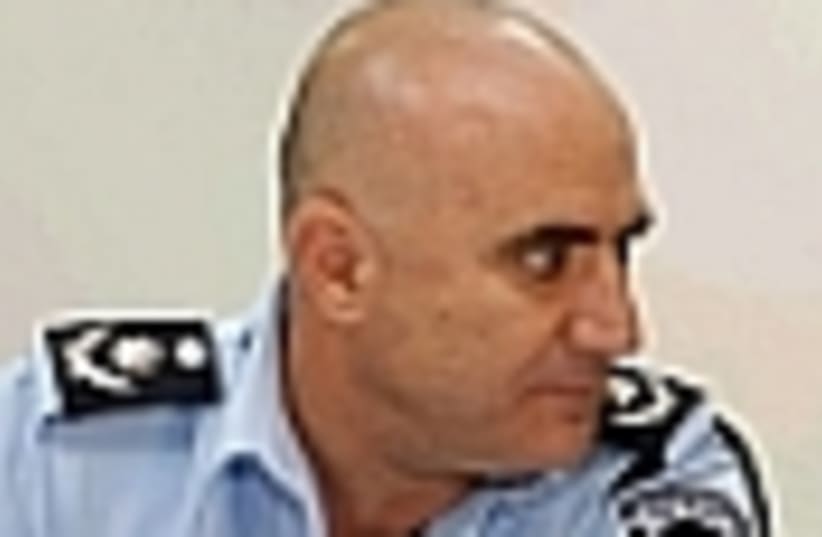| Timeline of the Perinan case:
September 1999: Two hit men dressed in police uniforms murder underworld figure Pinhas Buhbout at Sheba Hospital, Tel Hashomer.
October 2000: Former elite policeman Tzahi Ben-Or was arrested for armed robbery. Head of the Southern District's Central Investigative Unit Asst.-Cmdr. Amir Gur suspected Ben-Or, who at the time of the murder was still on the police force, shot and killed Buhbot.
2000-2002: Under arrest for the robbery charges, Ben-Or conducted negotiations with police and prosecution about turning state's witness against the Perinan brothers, underworld figures in the south who he claimed hired him to murder Buhbot.
Summer 2002: Ben-Or was released on house arrest and fled the country.
December 2004: Ben-Or was found murdered in Cancun, Mexico. The police investigation is transferred from the Southern District to the Serious and International Crimes Unit.
August 2005: Oded and Sharon Perinan were arrested following a month-long manhunt.
October 2005: The Perinan brothers were indicted for the murder of Pinhas Buhbout. |

